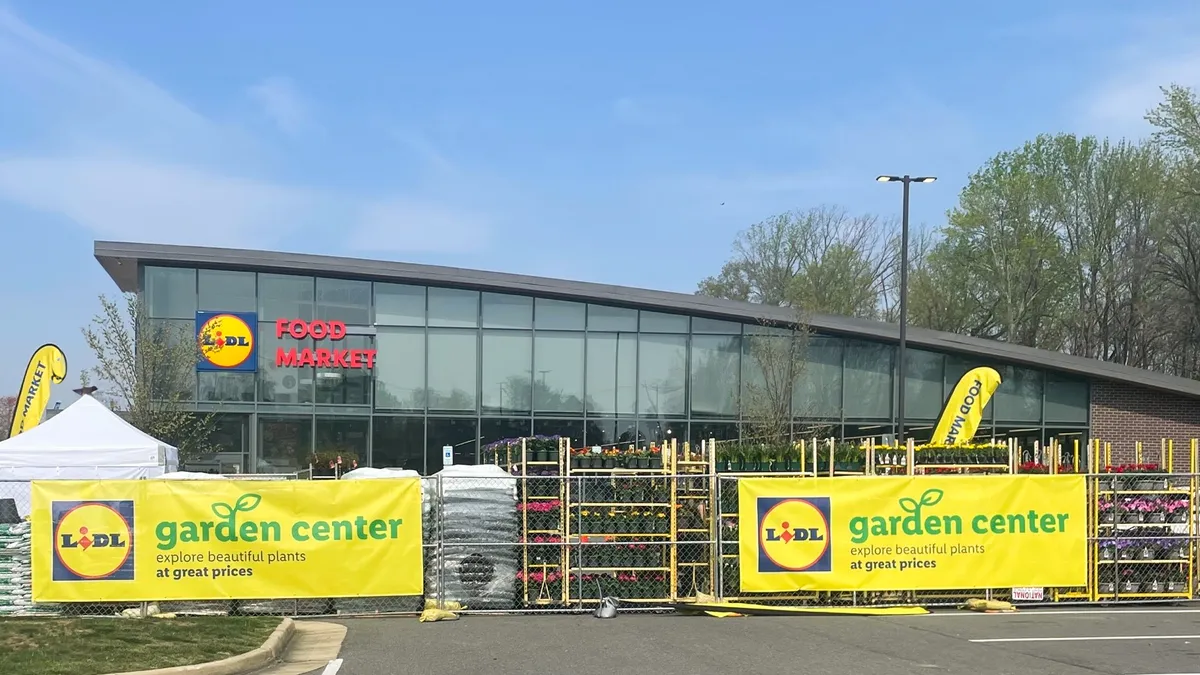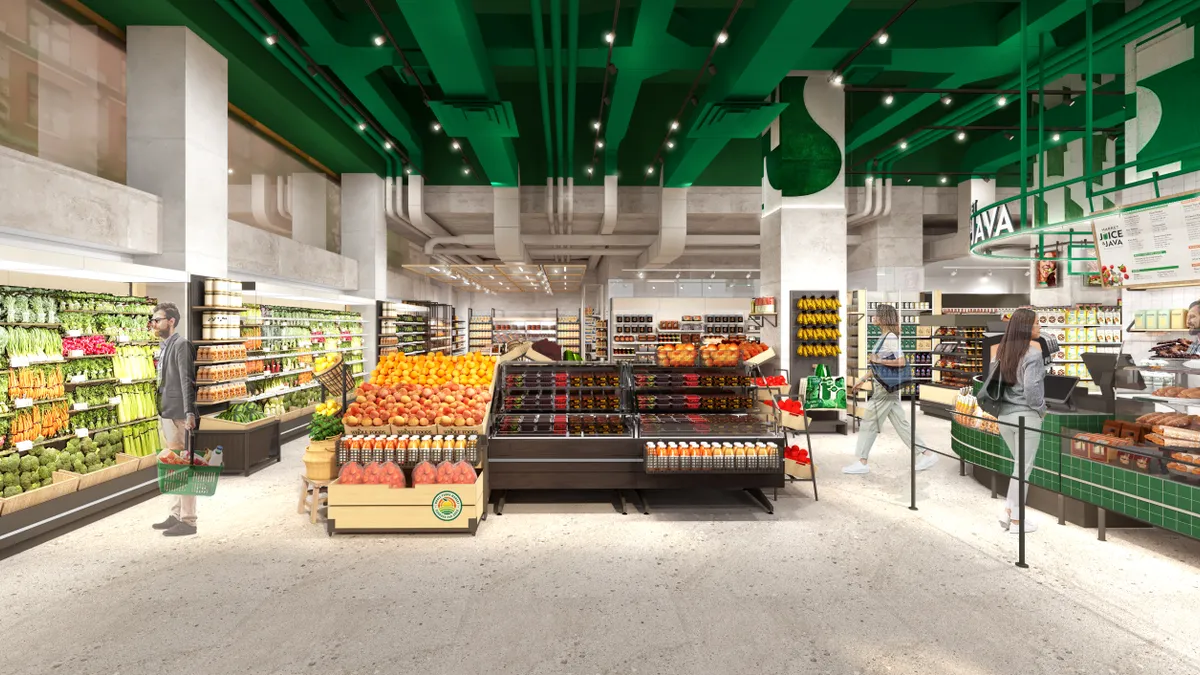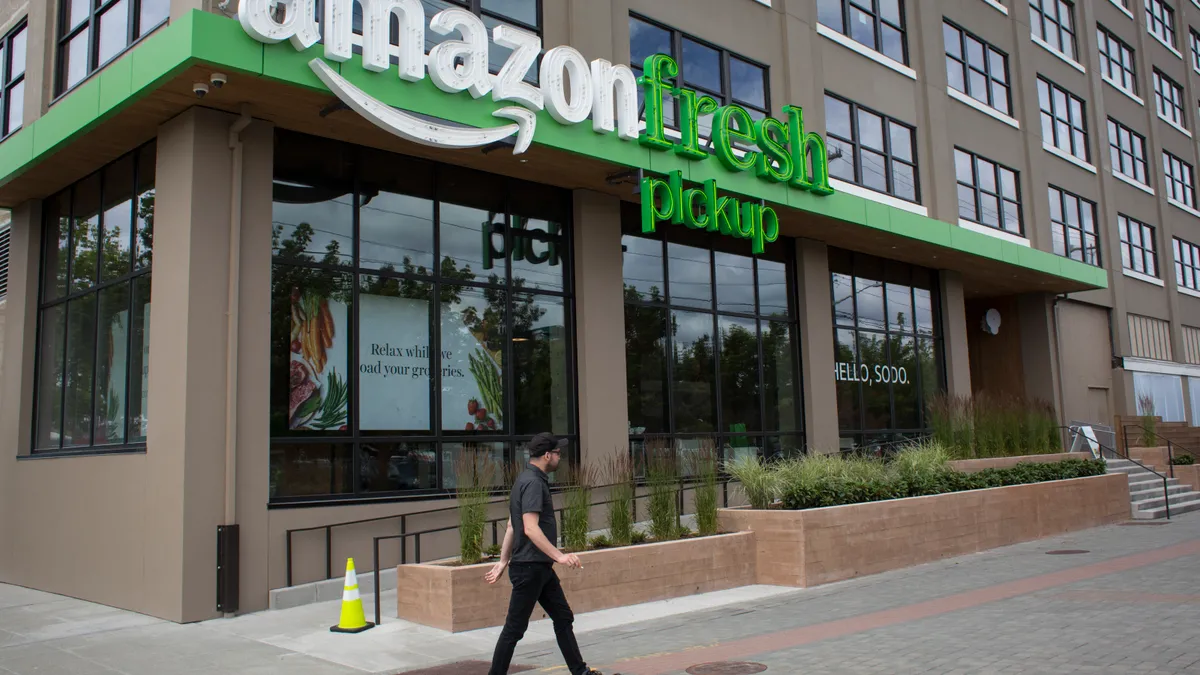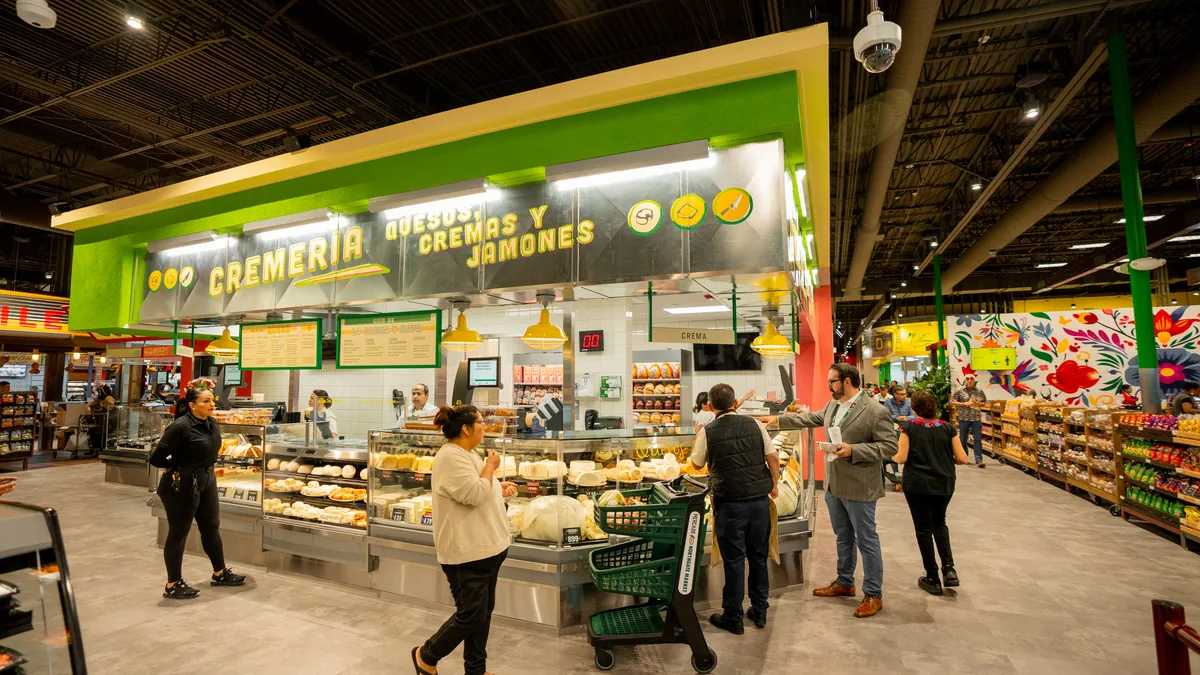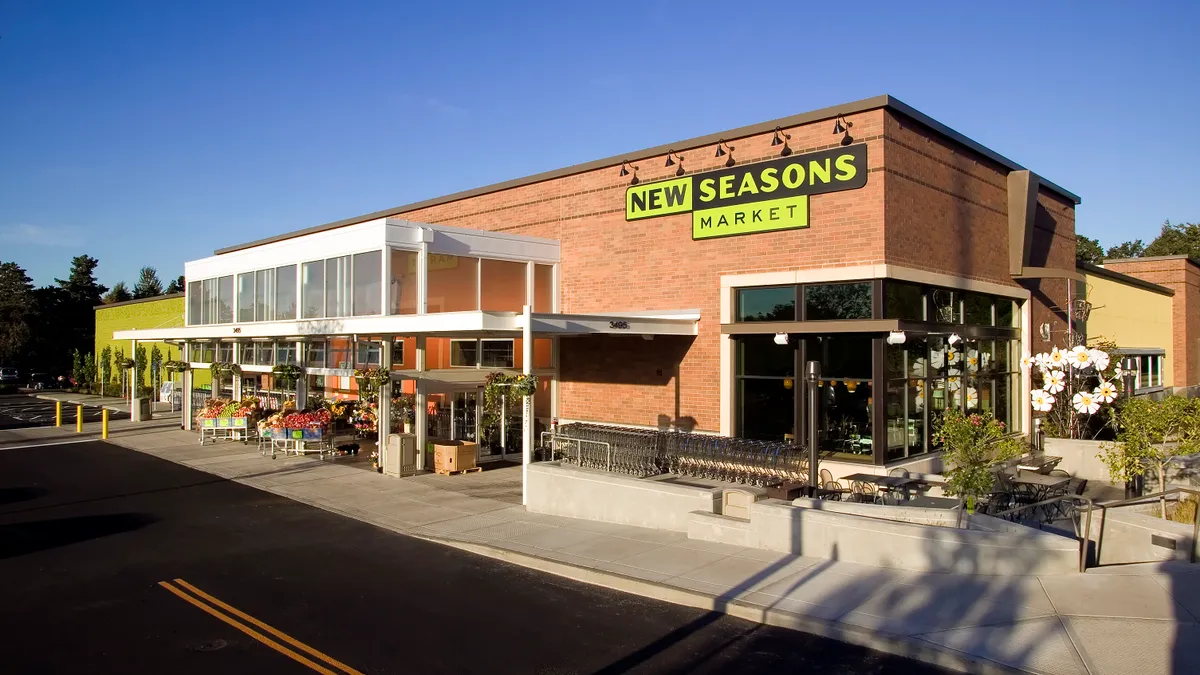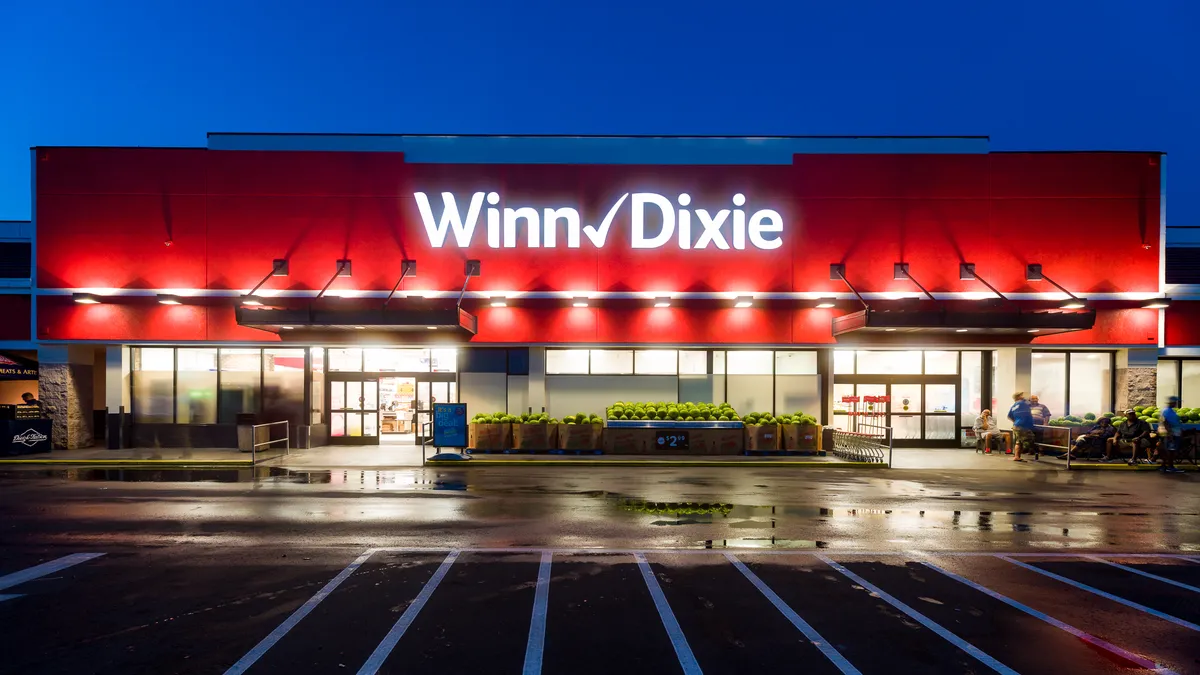AB InBev is the largest brewer on earth. PepsiCo is the second-largest soft-drink company.
Combined, they would be a company unlike anything the world has seen before: A global powerhouse in multiple market segments, controlling some of the world's best-known brands, dominating the bottling industry, wielding extraordinary power in sourcing and advertising, and generating billions of dollars in revenue.
No wonder Wall Street likes to daydream of an AB InBev-PepsiCo merger.
But just how likely is such a combination?
Quite likely, actually. Here's a look at four factors that suggest a deal is coming.
They're old buddies
PepsiCo and AB InBev have been doing business together for quite some time. It's only a slight exaggeration to compare them to the keiretsu of Japan.
Back in 2009, the two companies signed a groundbreaking deal to combine much of their purchasing into a single, global procurement group. The group buys office supplies, computers, transportation systems, and more for both companies ... providing more negotiating power than even a single global company can wield on its own.
The following year, AB InBev and PepsiCo formed a similar pact to win lower prices for their advertising. Then last year the two companies joined forces in an unusual in-store marketing campaign aimed at boosting sales of both Budweiser and Pepsi in the run-up to the Super Bowl.
They think alike
Even in today's global economy, companies tend to have a culture that's closely tied to the land where they originated. But AB InBev and PepsiCo are exceptions. No one thinks of AB InBev as a Belgium company. And few folks thinks of PepsiCo as American. The senior leadership teams of both companies are pulled from around the world, and it's not unusual for those executives to move from one country to another several times during their careers.
That's created a diversity at both companies that is distinctly different from what existed at the old Anheuser-Busch and the old Pepsi. And as a result, AB InBev and PepsiCo see the world differently from the way many of their rivals do.
For example, as violence scandals engulfed the NFL this year, activists and Madison Avenue wondered how the league's advertisers would react. Would advertisers complain? Blame the league? Pull their ads? Or remain quiet in fear of the NFL's power and its role in American culture?
As it turns out, American companies remained largely silent. But two of the league's biggest advertisers — AB InBev and PepsiCo — issued remarkably similar statements expressing dismay.
AB InBev already sells Pepsi
It's possible to get a look at what a post-merger company might look like by visiting Brazil. There's a company there called Ambev. It's a bottler, it's controlled by AB InBev, and it bottles and sells AB InBev beers across much of Latin America.
It also bottles and sells Pepsi and produces and distributes Gatorade, a Pepsi-owned brand, across the continent too.
In fact, Ambev may hold the key to the timing of a PepsiCo-AB InBev marriage. Ambev's deal with PepsiCo expires in 2017. If the deal isn't extended, it's more likely that AB InBev really wants to take over rival brewer SABMiller, which has similar bottling deal with Coca-Cola products in Latin America. (Regulators would never allow a single company to control distribution in Latin America for both Coke and Pepsi.) But as the deadline to extend the Ambev deal nears, AB InBev gets more leverage in any merger talks it has with Pepsi.
The big dogs want a deal
The calls by activist investor Nelson Peltz to break PepsiCo into two companies have been coming for a very long time. And PepsiCo's board and CEO have been ignoring those calls for just as long. But a purchase of PepsiCo by AB InBev suddenly makes such a spin-off possible.
Most analysts who have looked at an AB InBev-PepsiCo merger say the most likely scenario would be for AB InBev to borrow heavily to fund the deal, then sell off units to pay down that debt. Some PepsiCo businesses such as Quaker Oats would be obvious targets. But a sale like that wouldn't make much of a dent in the debt. Only a multibillion-dollar spin out of Pepsi's Frito-Lay snack division would be enough.
In other words, if AB InBev were to make a play for PepsiCo it could lead to two deals — probably a leveraged buyout of PepsiCo followed by an initial public offering of the snack businesses — each of which would be among the largest transactions ever seen.
And just the possibility of two such deals, and the unimaginable levels of fees they would generate among the world's investment banks, means that everyone on Wall Street is pushing for an AB InBev takeover of PepsiCo.
And you never want to bet against everyone on Wall Street.






